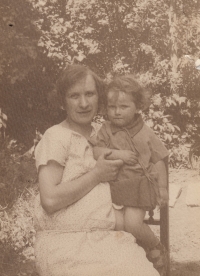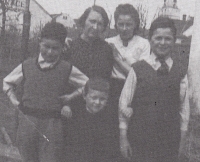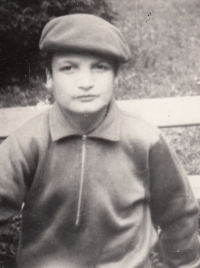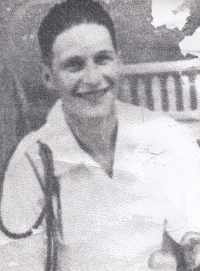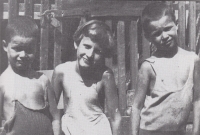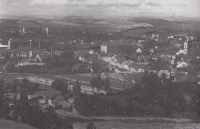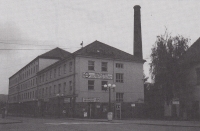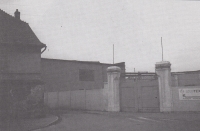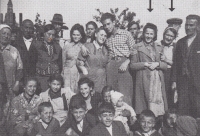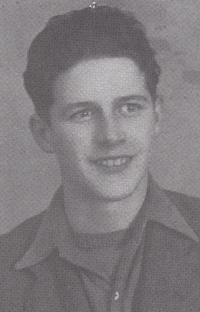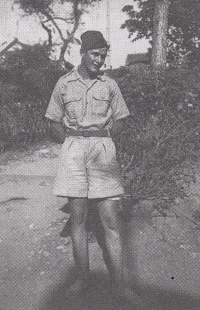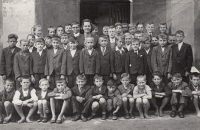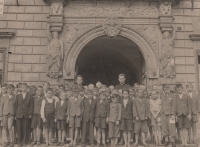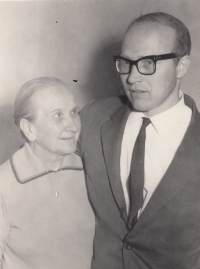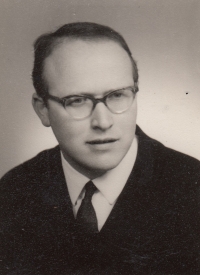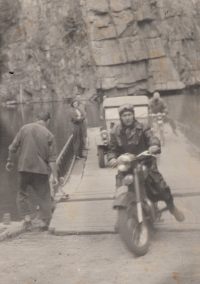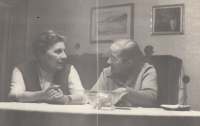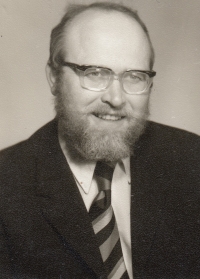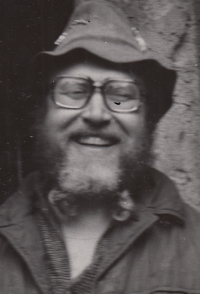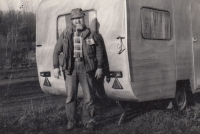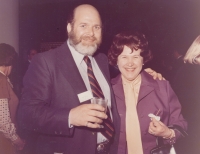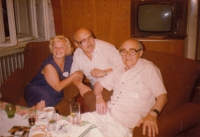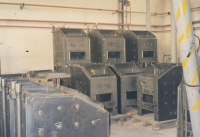We didn’t know what it looked like outside. When we arrived at the camp, the iron gates closed and it was done.

Download image
Josef Kobler was born on 23 September 1934 into a mixed family. His mother Jana (originally Johanna) was an Austrian Catholic from Vienna, his father Julius was a Czech Jew. The family settled in Pohořelice near Brno. When World War II broke out, his father, who was in the resistance, fled to England via Poland. He was preparing the escape of the whole family to Chile, but it was not succesfull. His mother was left here with her children without resources. As the wife of a Jew, neither she nor her children were spared the anti-Jewish repression. First they were moved into filthy pavement houses in Brno, and later they were all held in an internment camp in Ivančice, where they spent three years. Because they were a mixed family, they were among the few who did not face transport to an extermination camp. In Ivančice they were assigned a dirty and dank apartment where they lived a very miserable life. Meanwhile, father had married in England and never returned. Both of the witness’s brothers fled abroad, one of them, Otto, died in Mainland Southeast Asia. Josef Kobler also considered emigrating to Israel. After the war he married twice and worked in engineering all his life. In 2024, at the time of filming for Memory of Nations, he was living in Prostějov with his son.

